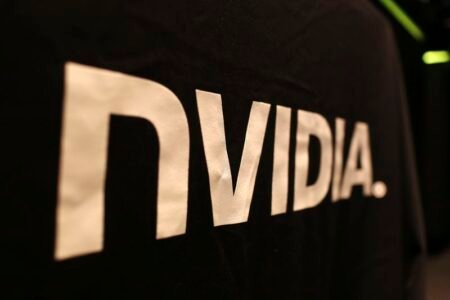By Richa Naidu
LONDON (Reuters) – International companies such as Danone and Nestle have deepened price cuts or are seeking to boost online shopping volumes to win over China’s increasingly reluctant customers, executives said.
China’s economy, the world’s second largest, grew at the slowest pace since early 2023 in the third quarter.
Consumption and industrial output figures last month beat forecasts, but a property sector crisis remains a challenge for Beijing as it tries to boost growth.
For international players, an issue is consumers’ increased preference for locally made products, which have improved in quality and can be cheaper than the big brands of foreign multinationals, investors say.
Unilever (LON:), which makes Dove soap and Knorr soup bases, reported on Thursday that underlying sales at its China business declined by low-single digits and that market weakness extended across categories.
CEO Hein Schumacher said market growth in China will remain “subdued” for some quarters yet and that the company was revamping the way it sells products in China.
“In China, the consumer has changed shopping behaviour quite fast, with some particular digital channels that have grown exponentially – here, we are resetting to make sure we follow that changing consumer,” Schumacher said in a media call.
French dairy company Danone has found its more specialised products, including infant formula and vitamin drinks are more resilient during the downturn.
“In a consumer landscape which is relatively soft, the consumer is still very intentional about where they believe they’re getting value for money,” finance chief Juergen Esser told Reuters.
It has also had some success by cutting prices to attract bargain-hunters.
The company which makes Activia yoghurt, Evian bottled water and Aptamil infant formula, cut prices by 2.2% for its business that includes Australia, China, Japan and New Zealand, while volumes grew by more than 10% and like-like-like sales rose 8%.
Nestle and Danone lowered prices in their businesses that include China from the second quarter and deepened the cuts more recently. Unilever did not disclose price changes for China.
Other Danone products in demand are its Chinese vitamin drink brand Mizone, high-protein dairy and specialty infant nutrition items such as those used by mothers who had C-sections.
“Medical nutrition is a no brainer, because macro trends (towards health) are in our favour,” Esser said.
Nestle, the world’s biggest food maker, last week said it also cut prices – by 1.5% – in China in the nine months to Sept. 30, but drove sales volumes only by 3.9% due to the “low inflation environment”.
Echoing the trend towards premium specialised products seen by Danone, Nestle CFO Anna Manz pointed to good performance from infant nutrition products, citing in particular the company’s NAN baby milk for babies that have specific allergies or challenges.
Read the full article here

















